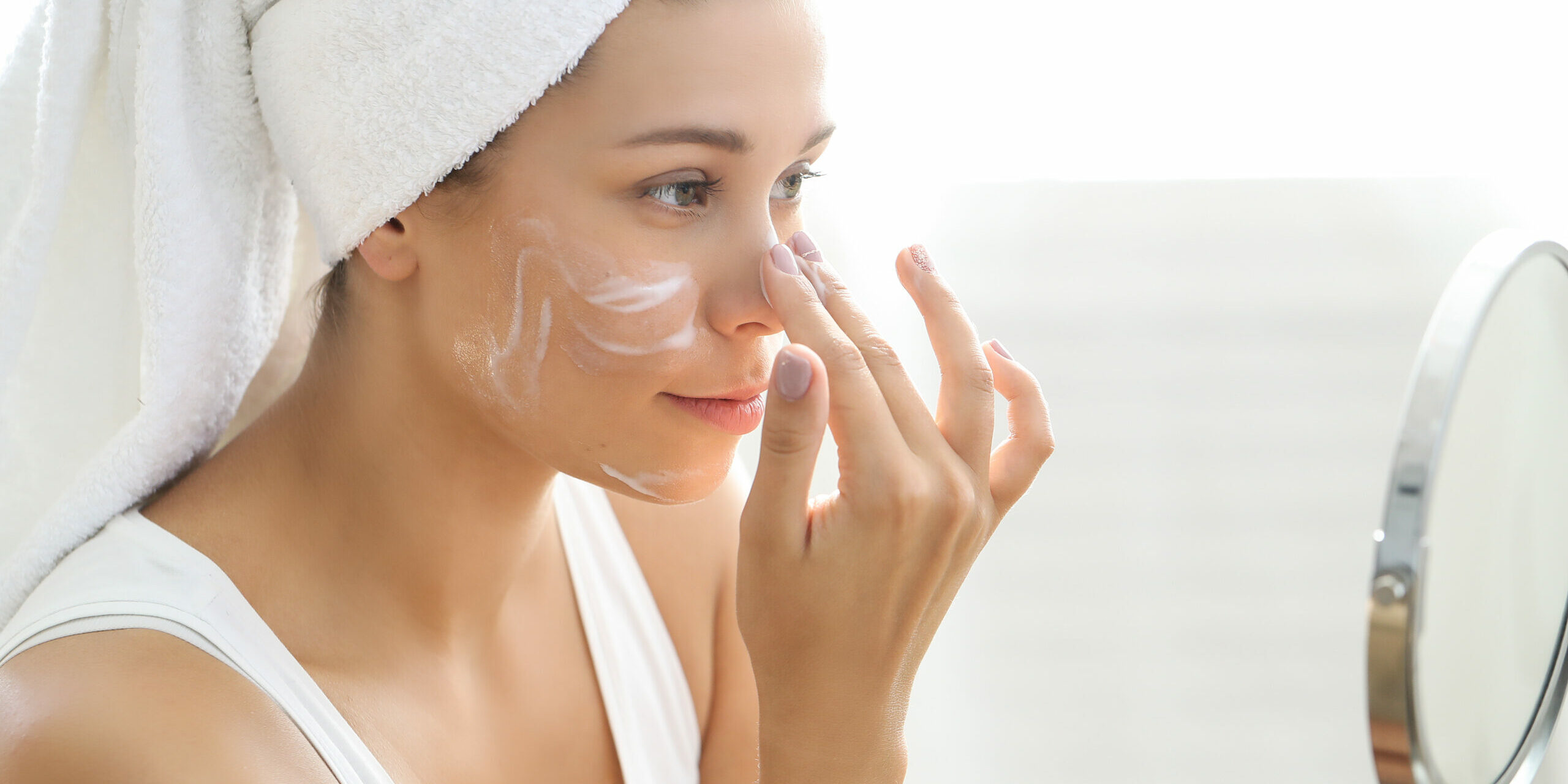Most living things need the sun to carry out a range of biological processes such as making vitamin D, producing melanin (getting a tan), and regulating our circadian rhythm: Sleeping at night and staying awake during the day.
But, in turn, solar waves can damage our skin when they pass through it, causing burns, changes in its thickness, wrinkles, increased aging and skin cancer, none of which is a laughing matter.
The amount of sun that one’s skin can receive throughout a person’s life is limited. And once we exceed that limit, our skin loses the ability to recover.
Our skin has a defense mechanism that constantly repairs its outer layer, removing dead cells and replacing them with new ones. But, as we age, this reparation process slows down. And, that’s when problems begin.
Your skin is like a steak. When you broil a steak in the pan and it becomes overdone, there is no going back. The fillet ends up like the sole of a shoe.
Moreover, it is important to understand that it’s not necessary to spend hours and hours in the sun, much less bask in the sun to receive all of the sun’s benefits. Just 15-20 minutes of daily exposure is enough sunshine to get all we need from the sun.
The good thing about this is that you can prevent and avoid damaging your skin. How? By protecting yourself adequately with sunscreen.
This is very important.
Sunscreens are labeled with a sun protection factor (SPF) of 15, 30 or 50. A sunscreen labeled SPF 15 means that it will take 15 times longer to burn you than if you had not applied anything at all, whereas if it has an SPF 30 it is 30 times harder for you to get a sunburn. Nonetheless, the overall effectiveness of a sunscreen is affected by several factors, including the activity of its ingredients. Sunscreens don’t last forever! Their active ingredients decrease as their ingredients break down over time. Sunscreens have a shelf life of only 6 to 12 months once opened. From that point, it cannot be guaranteed that a sunscreen will continue to be effective.
Remember:
- Your skin has a memory and knows how many times you have exposed it to the sun in an inappropriate way.
- Do not use any expired sunscreens. If you don’t finish it during the summer, use it as a moisturizer. This will make you smell like the sun and the beach all year round!
- Your sunscreen needs to have a SPF or protection factor of at least 30 or 50.
- Apply it 15-30 minutes before exposing yourself to the sun. It takes time for the skin to absorb it and for it to perfectly fulfill its function.
- Reapply it every 2 hours. It is not worth applying it once and forgetting about it. It is a cream, not a concrete wall.
Finally, be careful! You can get burned just as easily on a cloudy day!
Don’t push your skin’s limit. It protects you every day.
Protect it, too.





